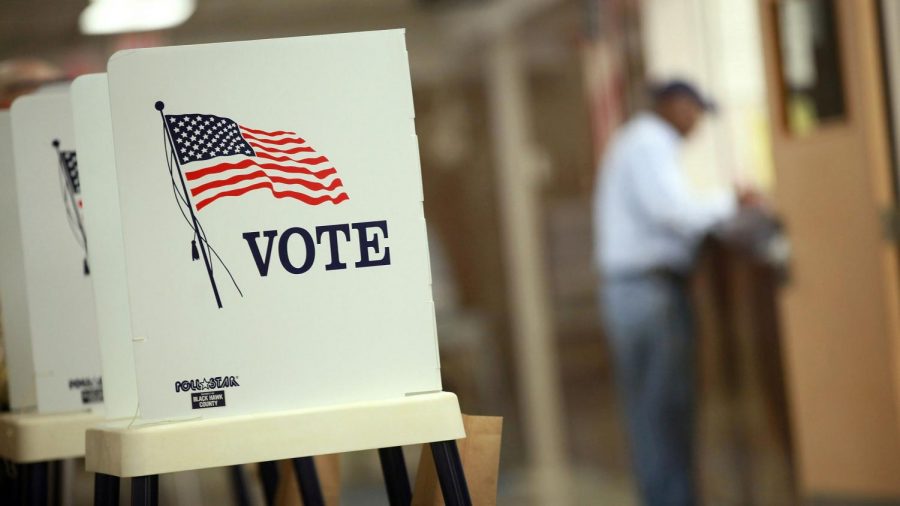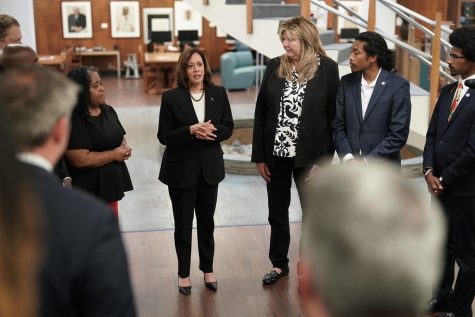The Causes & Consequences of Young Adults Not Voting
One of most important aspects of the U.S. is the fact that it is democratic republic, a form of government that functions on the principles from a democracy and republic. Because of this, voting is an essential part of America since it gives people the opportunity not only to influence their own lives, but the very country itself. Through voting, Americans can voice their own opinions and get politicians elected. Many countries would cease to function without voting, especially the U.S. Unfortunately, in recent years a major issue has emerged; multiple young adults are not participating in elections despite being eligible to vote. While this may not seem to be a cause of concern as of this moment, the severity of this issue will only increase overtime unless it is addressed.
Roots of the Issue
While some may be confused on why young people may not vote, the reasons are actually quite simple. One of the reasons why younger generations are becoming less politically engaged is due to them believing that their votes don’t matter; a consequence of voter apathy, which is when an individual lacks interest in voting during a election. Furthermore, unless they are raised within an environment that involves politics in some significant form, the average young adult isn’t that familiar with voting. Multiple people no longer trust the U.S.’ political process as a result of the country’s less than ideal political state in recent years. At first, one may think that that it’s not a big deal when one or two people don’t vote, after all what difference could can a vote or two make? However, this is not the case. As of the 2018 midterm elections, around twenty-eight percent of young adults are “absolutely certain” that they would vote. Unsurprisingly, the lack of “certainty” from the remaining seventy-two percent can cause some severe repercussions.
The Consequences
The repercussions of not voting would have significant ramifications on the U.S. Lack of voting leads to lack of representation, which will lead to government officials to carry out decisions that may not be in the best interest of the people. A candidate in an election that a person may have wanted to win may lose since they didn’t receive enough votes. Not only would this negatively affect those who didn’t vote, but those who did vote. That is why their inaction is harmful, it either delays or outright prevents necessary change from occurring.

Hello there, I'm Andres and I'm a Staff Writer in the Oakton Outlook. The reason I became a Staff Writer in the Oakton Outlook is because I would like...







